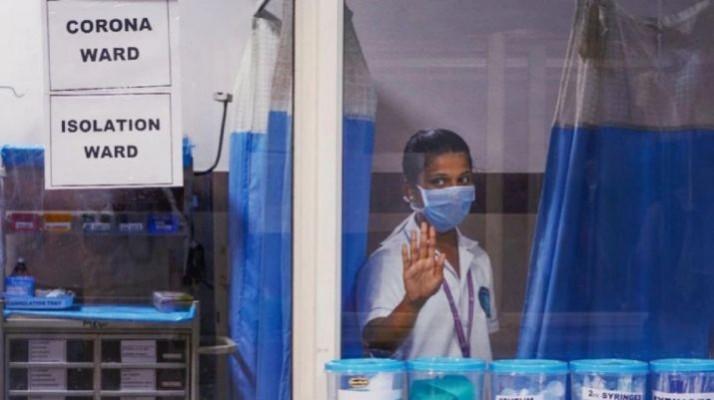Feeling isolated in a building or apartment for a period of time, sounds familiar? Coronavirus lockdown in many countries is now giving rise to a whole new problem; cabin fever. Though it was around for many years, people have started experiencing it more as they stay indoors for longer period of time. Cabin fever is real and it is your reaction to the feeling of being isolated for a longer period of time. If you are experiencing this, fret not as cabin fever can be managed.
Experts have two sides to cabin fever. Some say that it is a sort of syndrome, while others feel that it is linked to such disorders as seasonal emotional disorder and claustrophobia.

As of now, it is happening to many as we feel isolated or disconnected from the outside world.
Indeed, cabin fever is a series of emotions or symptoms people experience when they're confined to their homes for extended periods of time. Pandemics like COVID-19 are responsible for cabin fever.
Google saw a 1900 per cent rise in March in people searching for the term 'cabin fever'.
Cabin fever is not a psychological disorder, it's simply used for the feeling associated with being stuck for a long time.
Know the symptoms
One might feel lazy and lethargic. Irritation might be experienced by a majority of people, frustration sets in, fear, anger and impatience are all common symptoms. People might start craving for food and sweet.
So, if you're experiencing any of those feelings, then you may well be suffering from cabin fever.
In the1900s, some people had to live for months during the winter in remote areas and felt totally away from the outside world. Apparently, the phrase 'cabin fever' dates back to that time.
How to combat cabin fever
The good news is that though many among us might be experiencing cabin fever but there are healthy ways to gain some control, connect with people and ideas, and feel productive.
The best way to handle symptoms is exercise. You do not have to step out to exercise. The internet has thousands of videos about people doing zumba, aerobics, yoga etc. Simply follow these and get you daily dose of the "feel good" chemicals.
Rearranging clutter is a great way to feel better. It is always pleasant to see a neat and more organized space around you. Rearrange furniture, sort out the cupboard or the closet, fix the bed, clean your house and you will feel great at the end of it.
Not relying on the TV for entertainment is a good idea sometimes. Making your own entertainment from having dinner online with others in their homes at the same time, to even reading to each other, like a book club, can be fun. Connect to people by video calls and chats. Indulge in making crafts and baking.
Meditation is a great way to deal with any kind of stress and cabin fever is no different.
What not to do for treating it
Staying healthy in mind and body should always be a priority. Do not over-exercise as this will leave you stressed out. Do not indulge in excessive drinking as this might make you an addict.
Strong emotions can sometimes help, but other times cloud our judgment. Equally, try not to start arguments and score points.
Seeing the way coronavirus is behaving and not knowing for how long will the lockdown stay, it is better to ensure you have the least uncomfortable lockdown period possible.









!['Had denied Housefull franchise as they wanted me to wear a bikini': Tia Bajpai on turning down bold scripts [Exclusive]](https://data1.ibtimes.co.in/en/full/806605/had-denied-housefull-franchise-they-wanted-me-wear-bikini-tia-bajpai-turning-down-bold.png?w=220&h=138)



